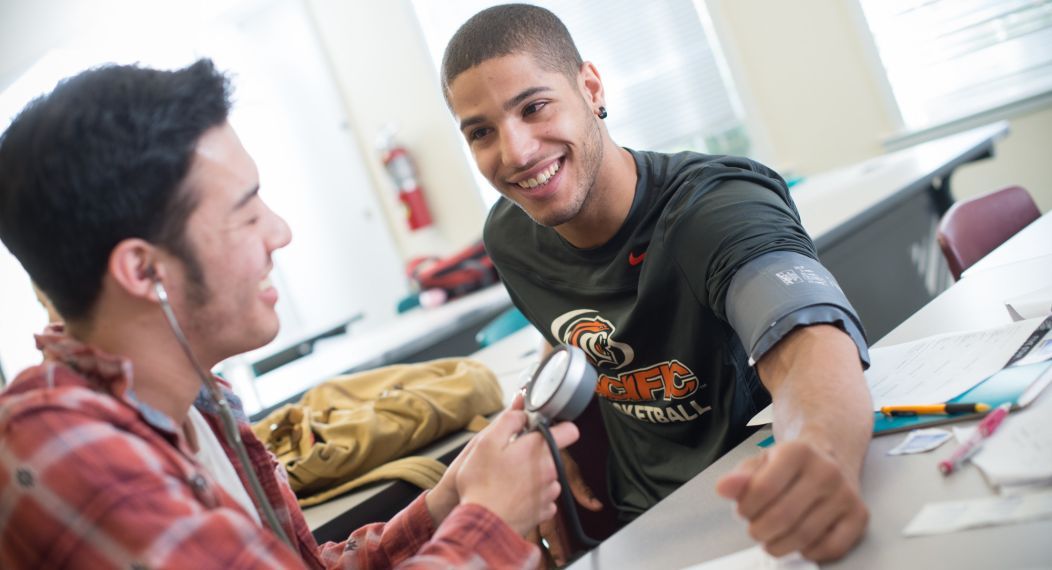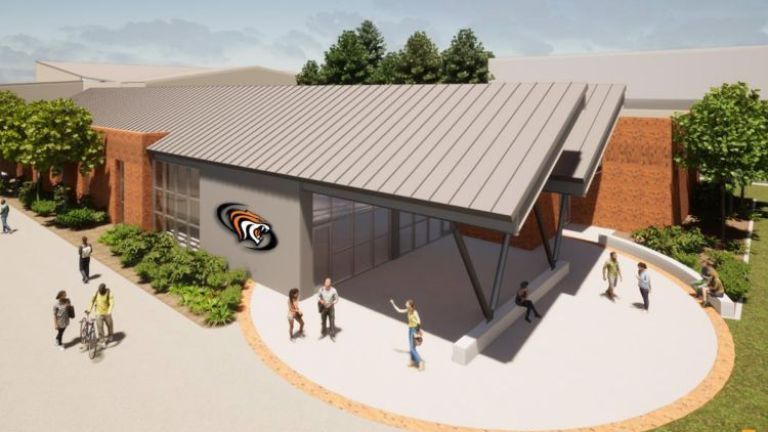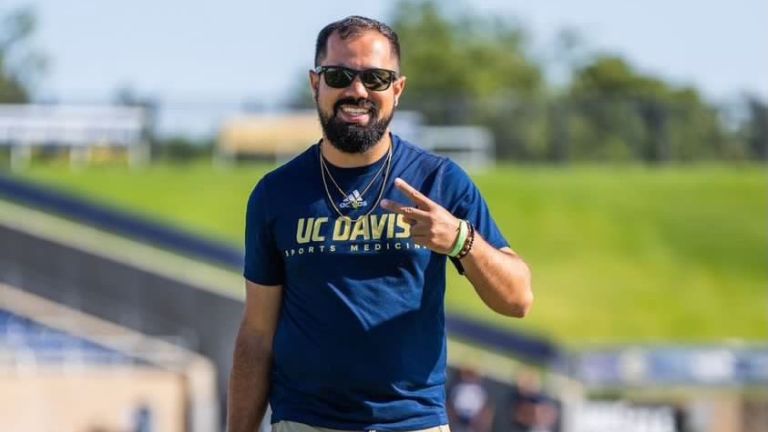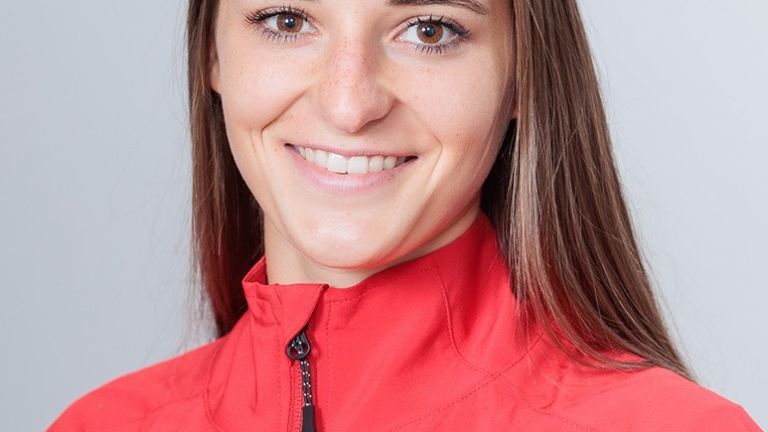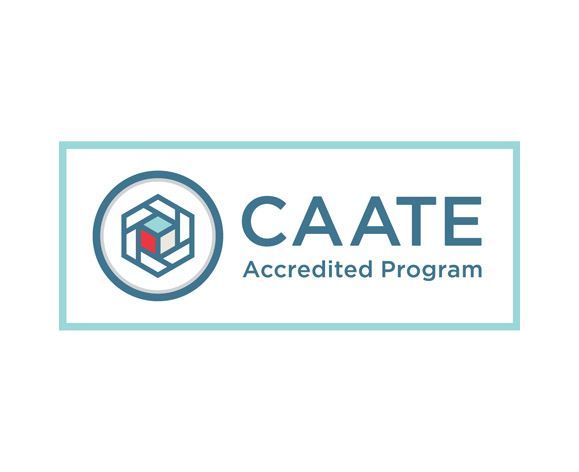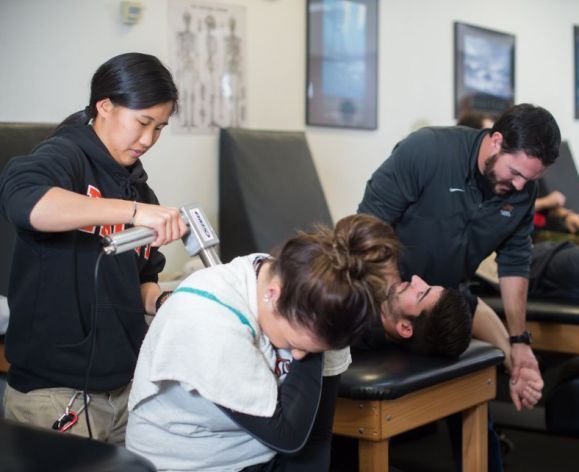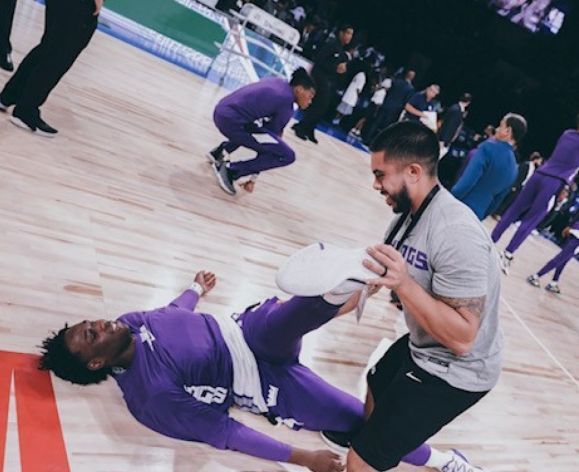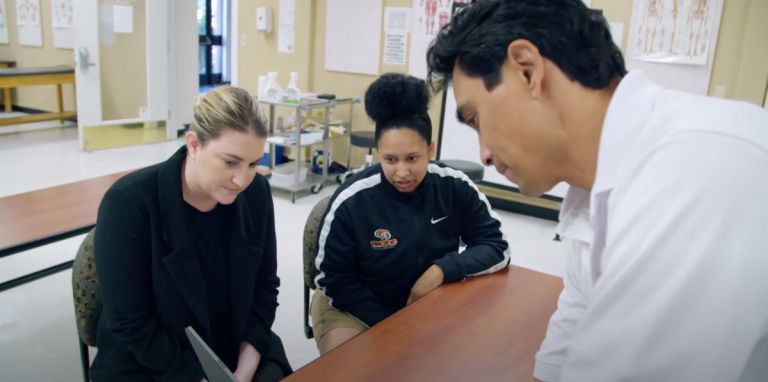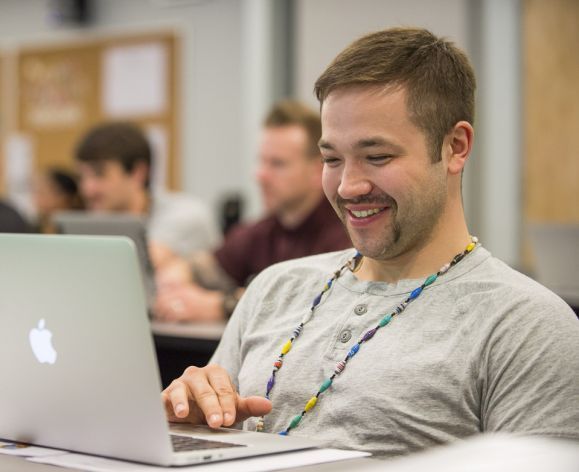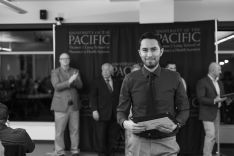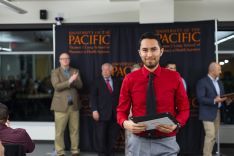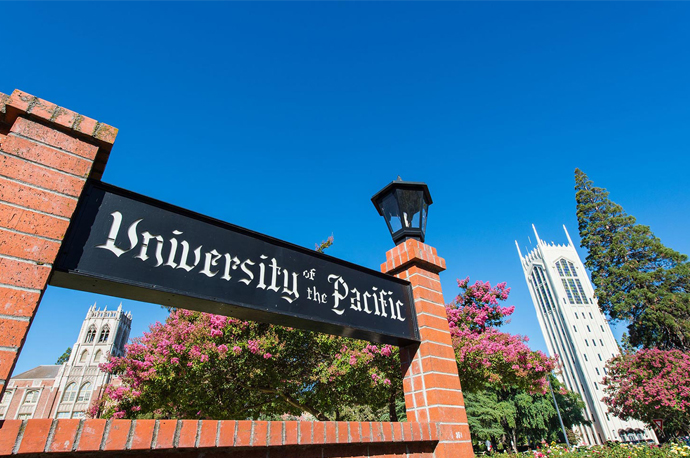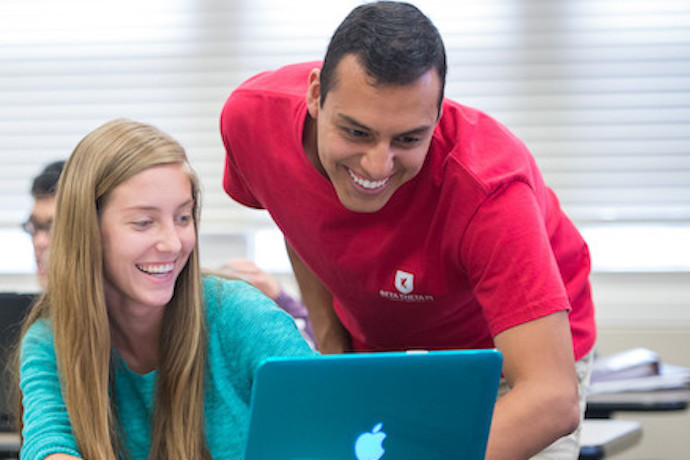Help athletes get to the top of their game
Pacific's Master of Science in Athletic Training (MSAT) is a full-time cohort (team) model graduate program located in Stockton that consists of 60 units taught over two years, beginning with a 10-week summer session and pre-season internship the second summer. You will learn through extensive hands-on experiences with athletes and excellent classroom and laboratory instruction from experienced, caring faculty. The program will prepare you to become a highly qualified health care professional who collaborates with physicians to provide preventative services, emergency care, clinical diagnosis, therapeutic intervention and rehabilitation for athletes and patients, and pass the national certification examination.


